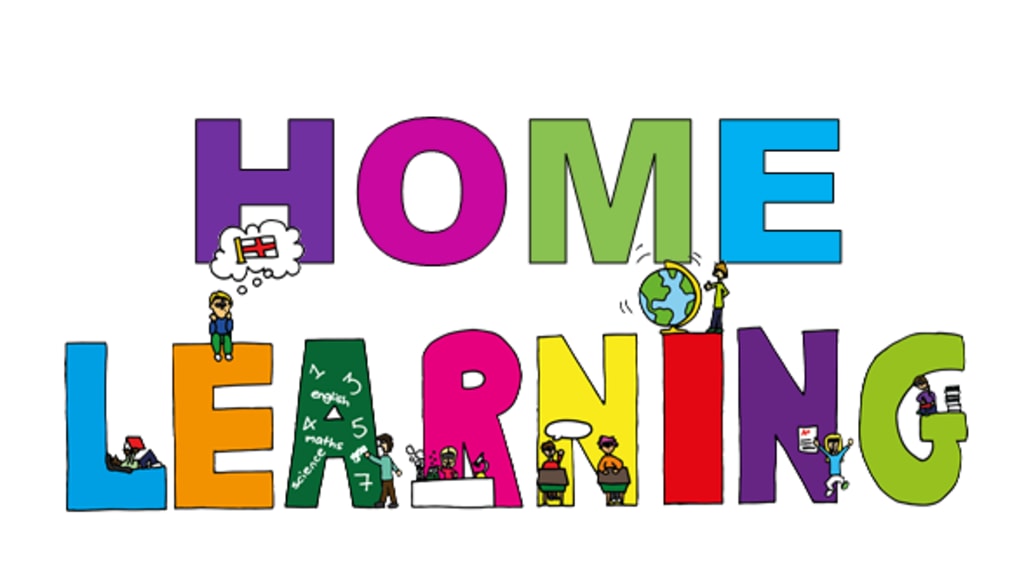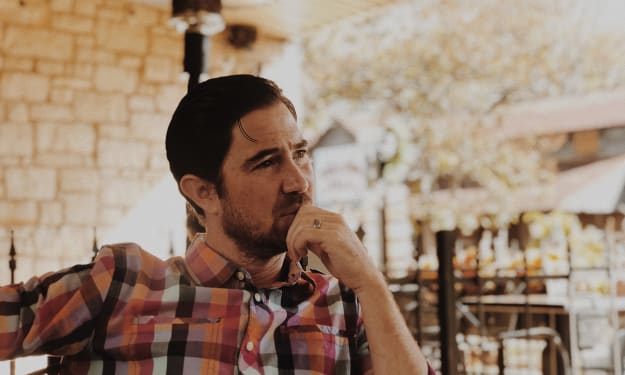teach your kids without them noticing
indoor version

This is subtitled indoor version because when I started thinking about this everyone could still go outside. Now we are more restricted I have made this the version for indoors and will do an outside version when we can roam freely again.
My credentials are that I am a father of 2 children living with autism, have been classroom assistant and school governor, and now have been a qualified carer for 10 years. Autistic children who also have learning delay often learn better by seeing and touching things they learn about. If they can write then a year and a location means nothing. If they go to a castle and learn the person their teacher told them about lived there they will take it in. As this is the indoors version then we will have to come to that another time.
1/Housework. some kids will enjoy the chance to help with housework. Maybe matching clothes to be put away. So can learn finding pairs, colours and textures. You can make a game of who can tidy an area the quickest, who can make their cloth the dirtiest or who can put their toys away the best. Competition will help and also they learn skills that will help in later life.
It can also be fun to cook and bake. To learn what's need to make different foods and how easy some are. Maybe have a pizza making contest or cup cake decorating contest.
2/Observation. This can be the easiest and possibly cheapest. If this was outdoors I would have said car snooker, as its indoors make it window snooker, hopefully a road can be seen. In the game you have to pot the balls in a certain order, use the passing cars to try and achieve the highest break. An alternative is for a competitive edge maybe each person playing choose a different colour and see who has the most.
If they are watching TV try and make a quiz after, to see what they saw and what they took in. This can be for any program and for any age child. Maybe try a variation on the snooker, decide on certain words or objects and get a point for each one. The observation is especially important if there is a learning chance from the program, maybe a history program or an intentionally educational one.
3/art. There's loads of scope for drawing and colouring but after a while it may become boring, especially for any technology addicted children. One simple on is to have at least 2 people with a piece of paper and a pencil. Unseen by the others they draw a head and a neck, the paper is folded so only the neck is visible and everyone swops paper. Then everyone connects a chest and arm to the neck and draws down to the waist. Next after swopping add legs to ankles, finally ankles to feet. Then open the paper to see what strange beings you have created.
Another is to draw letters on a page and ask your child to turn the letters into a different object by adding bits to the letter. It gets then thinking and focussing on the size and shape of the letter. Most letters can be made in to faces but there's other things beside.
4/Maths. This I freely admit stealing from Facebook today. A mother set up a tuck shop with different priced objects and gave her kids a pound a day. This got the kids to add up what would cost what, how much they could afford and what they couldn't. This could be also done by allocating chores that paid a certain amount each, the child then works out what tasks earns enough for what treat.
5/exercise. There's a lot of exercise videos online they could choose. If a parent or sibling does a certain exercise class they might be able to run a class at home. From a very young age children's tv encourage kids to follow dance routines or copy certain movements.
6/computers. Not always an obvious choice but bear with me. There is anything and everything that ever happened on line. Maybe try a project for older kids, find the history of their favourite singer or sportsman. Even playing games encourages hand to eye co ordination, some thought and occasionally problem solving as well.
7/geography. This is last because it will be good for when freedom is close. If kids want to go anywhere, local or abroad get them to find where the places are, find how to get there. Maybe even learn about new places they could one day visit.
About the Creator
ASHLEY SMITH
England based carer, live with my wife, her parents and 4 cats. will write for all areas but especially mental health and disability. though as stuff for filthy seems popular will try there . any comments, suggestions or requests considered






Comments
There are no comments for this story
Be the first to respond and start the conversation.